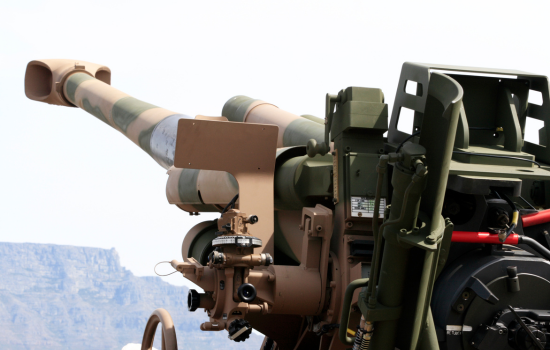Al-Qaida on the Internet Recent al-Qaida Commentary may shed Light on Modus Operandi
A radicial Islamic group, the Shahid Abu Hafas al-Masri Brigades, recently claimed responsibility for the July 20th plane crash in Kenya that killed twelve American tourists and the plane’s two South African pilots. Their statement was published on the on the FAROQ web site which is associated with Al-Qaeda and radical Islamic groups in Iraq.[1]
In the statement the group claimed that attacked the plane using a SAM-7 shoulder-fired missle. News accounts, however, reported that the plane hit the snow-covered peaks of Mount Kenya, Africa’s second-highest mountain.
The statement, published one day after the crash, notes that the attack occurred within the framework of Al-Qaeda’s repeated calls to its followers to attack American targets.[2] Most recently, these calls have been issued by al-Qaeda’s 2nd-in-command, al-Zawahiri, to force the release of U.S. held prisoners, including Sheik Omar Abed al-Rahman. The Al-Masri brigades’ also asserts that its “surveillance and intelligence cell” had discovered the presence of 3 American intelligence officers aboard the plane and thus carried out the attack based on that information.
Although a complete investigation into the crash is still underway, it is highly likely that al-Qaeda exploited the unfortunate plane crash as a means to manipulate world perception of its own power. Hoping to demonstrate its continuing viability and presence in the region, the group claimed responsibility for the crash to launch further propaganda for a global jihad and to glorify its leader, Osama Bin Laden. This incident would represent a pattern of psychological warfare in which the group manipulates and distorts facts to enhance its image.
Attacks on Tuesdays
Another article published on the FAROQ web site asserts for the first time that most terrorist attacks attributed to al-Qaeda were carried out on a Tuesday, an important and sacred day for Muslims. As such, the article notes that July 12, 2003 attack in Riyadh occurred on a Tuesday, also the memorial day of the prophet Mohammed’s death.[3] In addition, the recent attack on an Indonesian Hotel was carried out by Jamaa Islamiya on Tuesday, August 5, 2003.
The article provides a list of attacks purportedly carried out on Tuesdays including:
* The 3 attacks in Riyadh on residential compounds: Monday, May, 12 and Tuesday, May 13, 2003
* Casablanca attacks on Jewish locations: Friday, May 6, 2003
* Attack on Bali Nightclub: Saturday October 12, 2002
* The torpedo attack on the French oil tanker, The Limburg: Sunday, October 6, 2002
* The attack on the Jewish Synagogue in Djerba, Tunisia: Friday, April 12, 2002
* World Trade Center and Pentagon attacks: Tuesday, September 11, 2001
* The attack on the American destroyer USS Cole in Yemen: Thursday, October 12, 2000
* Attack on US military compound in Al-Khobar: Tuesday, June 25,1996
Given that more than half of the listed attacks occurred on days other than Tuesday, the organization explains that it has acted on other days of the week due to special circumstances. For example, they assert that the attacks on the American embassies in Nairobi and Dar-al-Salaam occurred on a Friday to avoid harming Muslim employees of the embassy, most of whom would be attending mosque services. Even so, many of the above attacks were not carried out on Friday either.
In our assessment, the organization attempts to attribute days symbolic of Islamic sacredness as coinciding with the timing terror attacks. They claim that most terror attacks occur on such days unless the operational plan is disrupted by counter terrorism or other activities influencing the original timing plan.
Notes:
1. https://faroq.net/news/news.php?id=16
2. https://groups.yahoo.com/group/abubanan2/message/311
3. https://www.faroq.net/news/news.php?id=24






